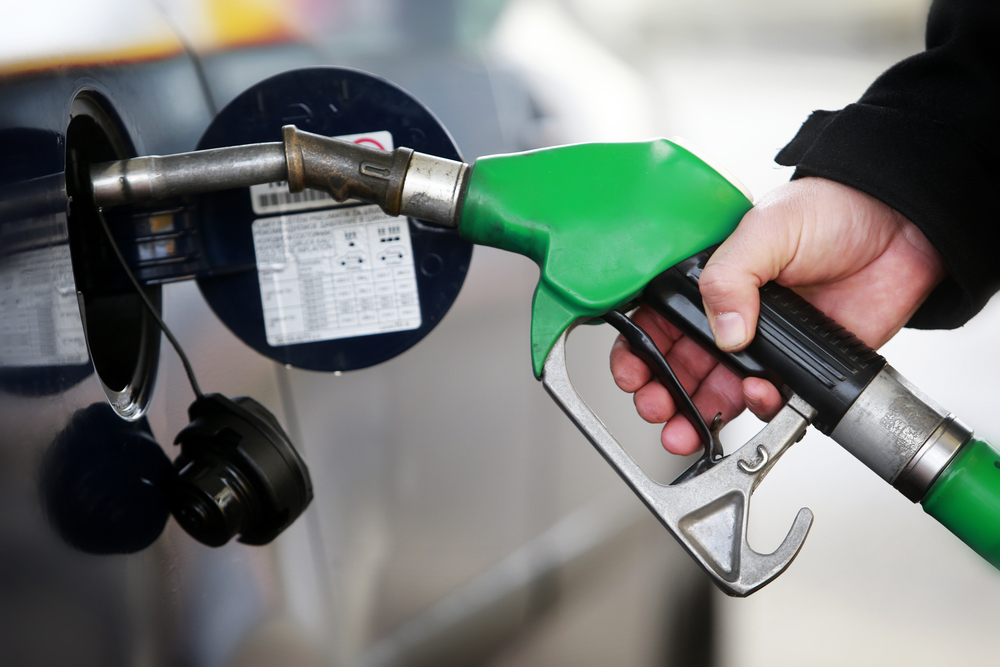Household Bills
Fuel duty rise on the cards, Hammond hints

Squeezed drivers could be hit with the first fuel duty rise in years, the Chancellor hinted during House of Commons questions.
When asked about the impact of a fuel duty freeze on household incomes, Chancellor Philip Hammond said the freeze over the past eight years has already cost the Exchequer £46bn in revenues, adding that it can’t go on forever.
Hammond said: “By April 2019, these freezes will have saved the average car driver £850 compared with the pre-2010 escalator, and the average van driver over £2,100, but it is important we remember the other side of this coin.
“The fuel duty freezes since 2011 have meant that the Exchequer has forgone around £46bn in revenues through to 2018/19, and a further £38bn will be forgone over the Budget forecast period, as a result of these previously announced freezes. For context, that is about twice as much as we spend on all NHS nurses and doctors each year.”
In the past year, petrol has risen by 13p and diesel by 15p, taking it to £1.33p a litre. As such, pump prices are on track to reach the record highs of April 2012, according to the RAC.
‘Not the time to consider a fuel duty rise’
RAC head of roads policy, Nicholas Lyes, said: “Motorists contribute around £46bn of motoring-related taxation to the Treasury each year so pay their fair share in tax. Pump prices are now at their highest level in four years, and given that drivers are spending around £8 more to fill up their tanks each time they are at a petrol station than they did a year ago, we’d argue that this is not the time to be considering a fuel duty rise.
“It is also important to note that the Treasury has been benefiting from the additional VAT drivers are having to pay as a result of higher fuel prices.”
Given the hints of a fuel duty rise in the November Budget, Hammond said: “We understand the pressure that higher oil prices and their feed-through to the pumps presents for individual consumers. We take all such matters into account when setting future policy.”